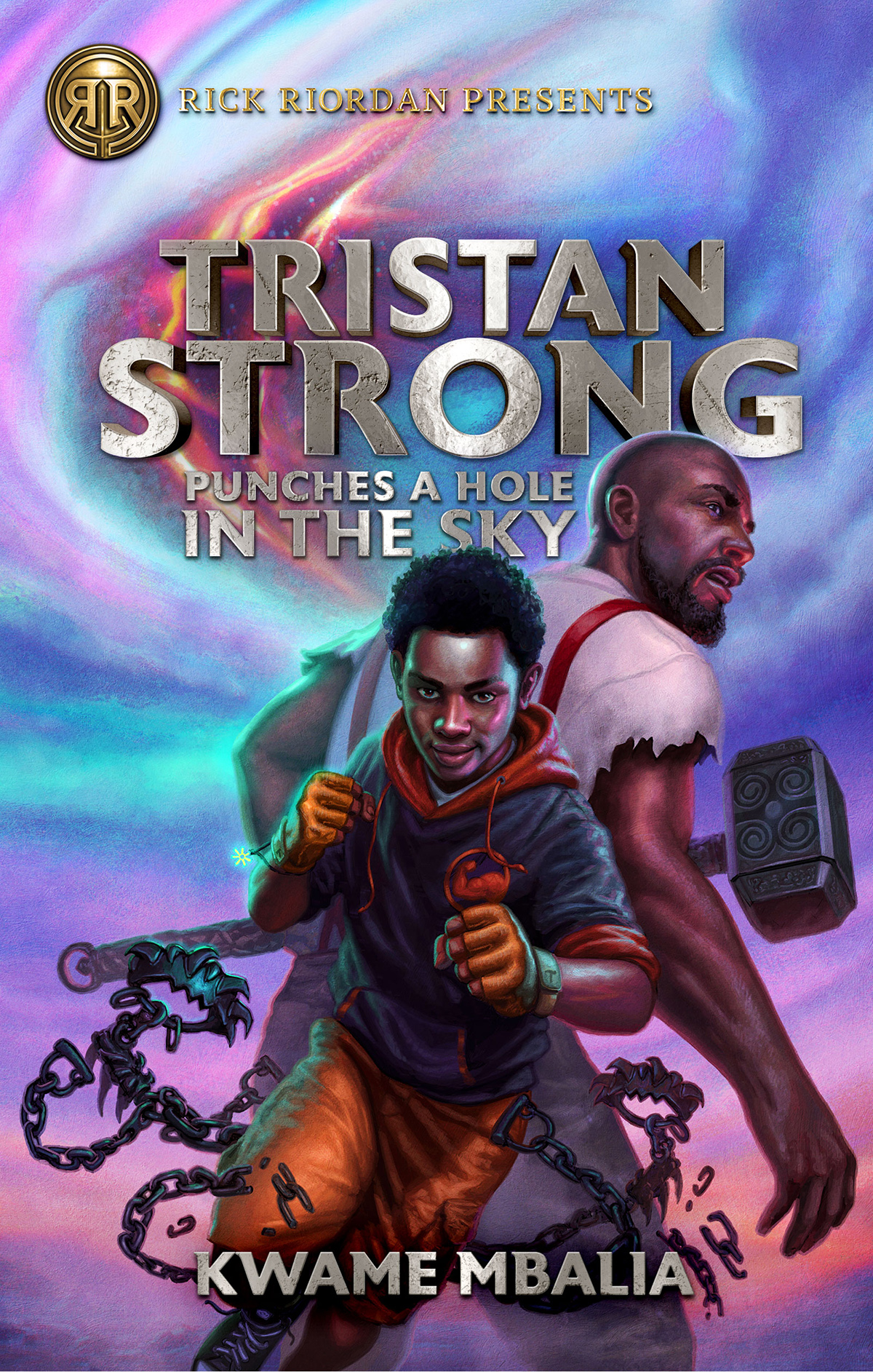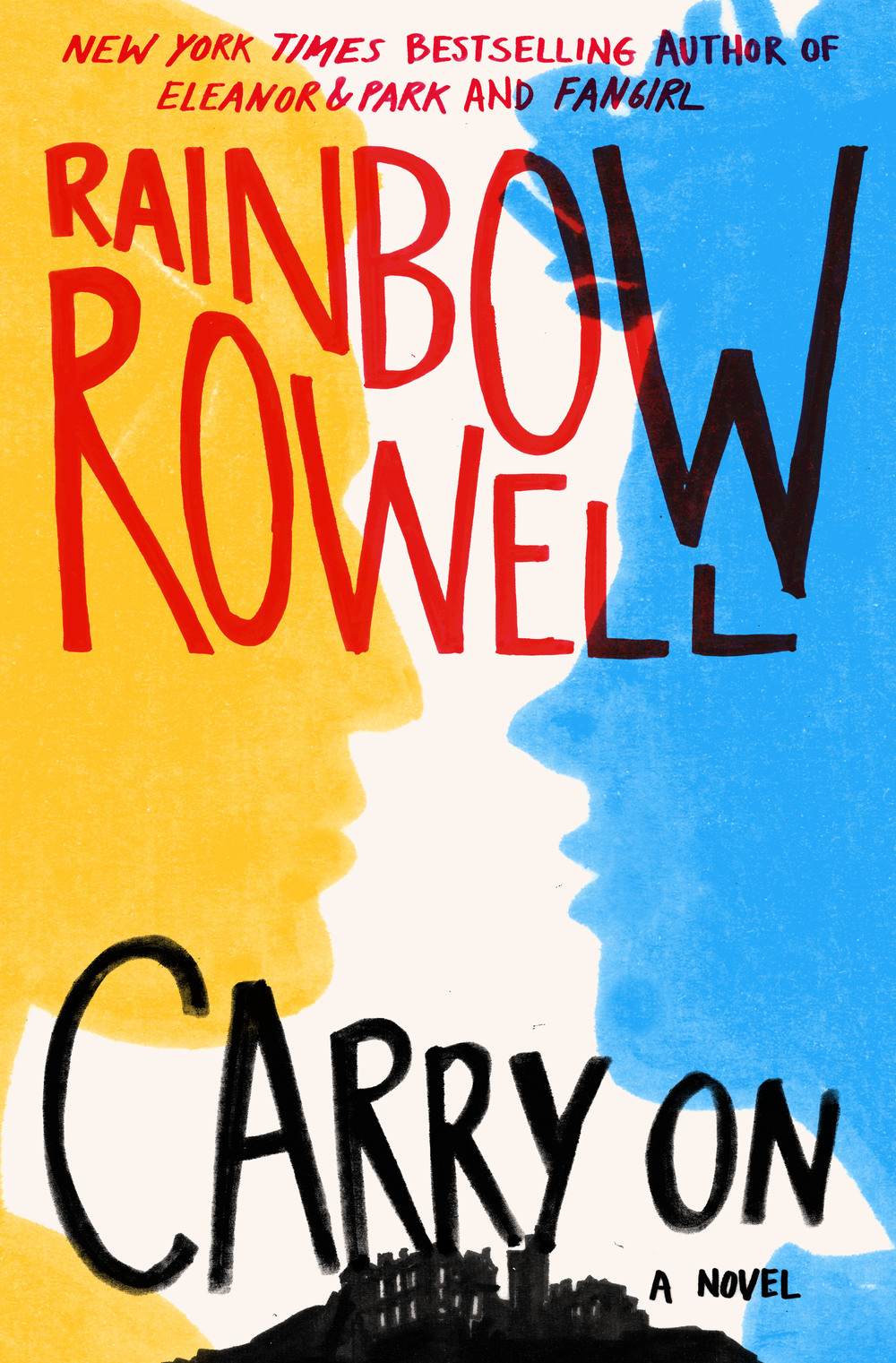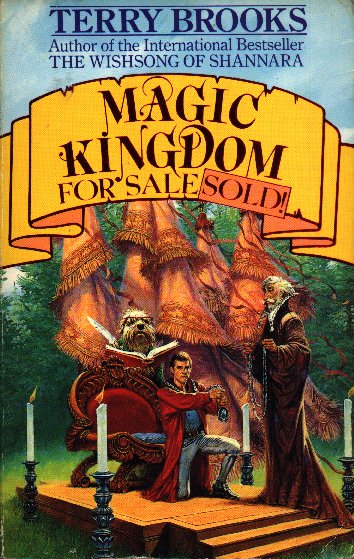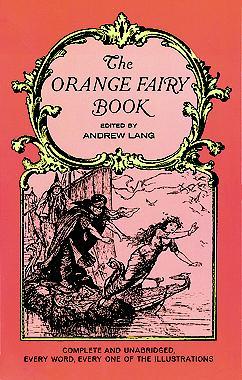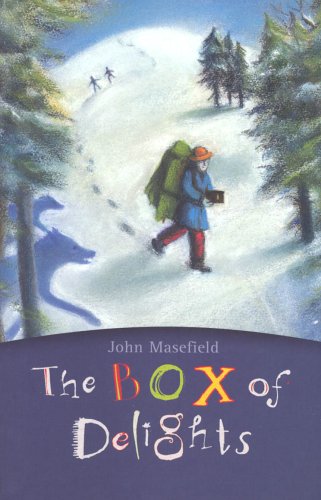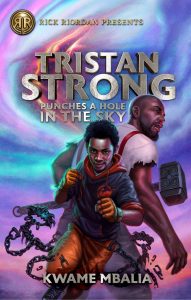 Since his best friend, Eddie, died in a bus accident, all Tristan has left of their friendship are his memories and Eddie’s journal, in which they collected all the best African and African American myths and stories they came across. He misses Eddie so much he can barely stand to look at the journal – but when a mysterious creature attempts to steal it from him in the middle of the night, he knows he can’t let it go. His chase leads him through a portal in the forbidden Bottle Tree, tumbling Tristan into another reality he never knew existed.
Since his best friend, Eddie, died in a bus accident, all Tristan has left of their friendship are his memories and Eddie’s journal, in which they collected all the best African and African American myths and stories they came across. He misses Eddie so much he can barely stand to look at the journal – but when a mysterious creature attempts to steal it from him in the middle of the night, he knows he can’t let it go. His chase leads him through a portal in the forbidden Bottle Tree, tumbling Tristan into another reality he never knew existed.
In MidPass, all the figures from Eddie’s stories are real: John Henry, Anansi, Brer Rabbit, and more. But MidPass is being threatened by a foreboding evil, including the vicious Fetterlings, ruthless iron chains brought to life and hunting the innocents of MidPass. Can Tristan help defeat them and close the hole he accidentally punched in the sky when he fell through the Bottle Tree?
I loved Tristan Strong Punches a Hole in the Sky, by Kwame Mbalia, for so many reasons. The novel is published by Rick Riordan’s imprint, and the mix of adventure, humor, and heart is sure to captivate young readers who love Riordan’s Greek-inspired tales. It’s an excellent book, full of imagination and exciting narrative twists and turns. Mbalia has done an outstanding job of weaving his source myths and stories into Tristan’s own – an appropriate accomplishment given Anansi the Weaver’s importance to the story!
Like many good books, Tristan Strong Punches a Hole in the Sky is a great read on more than one level. It’s a wonderful story that I highly recommend purchasing this holiday season for any young readers in your life, but it’s also a powerful statement about the power of story, memory, and resistance. Older readers perusing the book, or even reading this review, might think, “Ah, Fetterlings! What a compelling metaphor for slavery.”
But part of the power of this book, and the power in bringing these myths and stories to life in the way Mbalia has, is that the metaphors aren’t metaphors – they are real, powerful, dangerous threats. The evil in this book is not a metaphor for slavery, or at least it’s not just that; it’s also a literalization of the real violence the legacy of the slave trade continues to perpetuate, especially when we choose to turn away from history rather than confront it. I loved reading this story, and I also know I am going to be thinking about it for a long time.
What a remarkable book. I can’t wait to see what’s next for Mbalia and Tristan Strong!
A copy of this book was provided by the publisher, Disney-Hyperion, for review.

